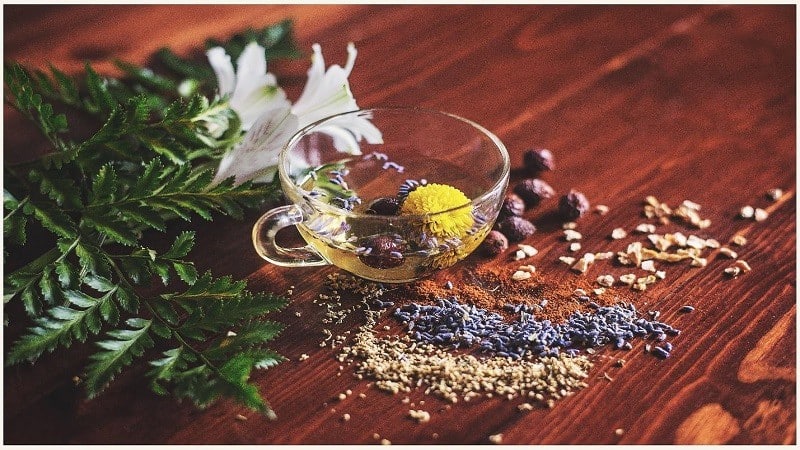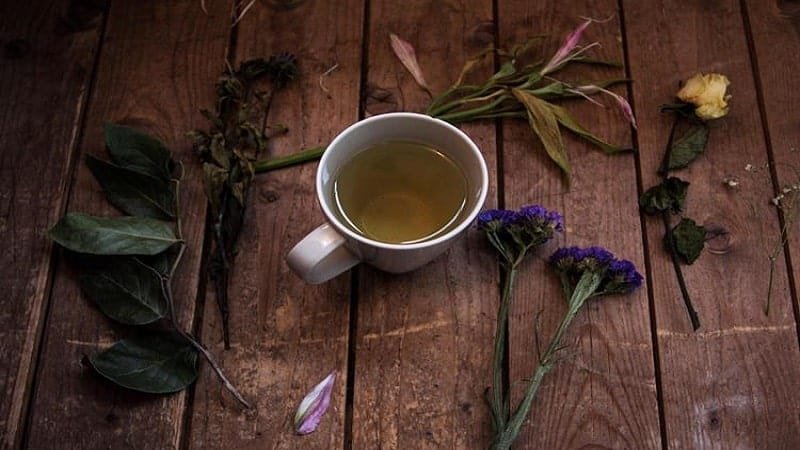Navigating the ups and downs of peer pressure can be tough, especially when it feels like everyone around you is trying to influence your choices. I’ve been there, and I know how overwhelming it can be. That’s where meditation comes in as a powerful tool to help you stay grounded and true to yourself.
Meditation isn’t just about finding a moment of peace; it’s about building resilience and clarity in the face of external pressures. By practicing mindfulness, I’ve discovered how to tune into my own thoughts and feelings, making it easier to resist the pull of others. Let’s explore how meditation can empower you to handle peer pressure with confidence and grace.
Understanding Peer Pressure
Peer pressure involves the influence others have on an individual’s decisions, behaviors, and attitudes. It occurs in various settings, including schools, workplaces, and social gatherings. Recognizing the forms it can take helps me support my students in navigating their experiences.
Definition and Types of Peer Pressure
Peer pressure can manifest as direct or indirect pressure. Direct peer pressure includes explicit demands or suggestions to engage in certain behaviors, like trying a new trend or substance. Indirect peer pressure arises from environments where certain actions are normalized, such as a group of friends regularly drinking alcohol or skipping workouts. Both types can create significant internal conflict, especially when personal values diverge from group norms. Understanding these forms enhances my ability to guide students in developing their authentic selves.
Impact of Peer Pressure on Individuals
Peer pressure can lead to anxiety, stress, and lowered self-esteem. When individuals feel compelled to conform, they often compromise their values or interests. This misalignment creates emotional turmoil, detracting from one’s sense of self. The adverse effects can also spill into physical health, manifesting as changes in appetite, sleep disturbances, and even withdrawal from social interactions. It’s crucial for my students to recognize these impacts so they can cultivate resilience through practice and mindfulness.
The Role of Meditation
Meditation plays a vital role in navigating peer pressure, allowing individuals to create a strong sense of self amidst external influences. By promoting mindfulness, meditation encourages a deeper connection to personal values and beliefs.
What is Meditation?
Meditation is a practice that focuses on training the mind, enhancing awareness, and promoting emotional health. It’s about centering oneself and cultivating a calm inner space, leading to better decision-making when faced with peer pressure. Through regular practice, meditation fosters resilience by teaching me to observe my thoughts and feelings without judgment, equipping me to handle social situations with clarity and confidence.
Different Types of Meditation Techniques
Numerous meditation techniques exist, each uniquely beneficial. Here are some that I often recommend:
- Mindfulness Meditation: Focuses on being present and observing thoughts as they arise, helping me understand my responses to peer pressure.
- Loving-Kindness Meditation: Encourages feelings of compassion towards oneself and others, which builds emotional strength in social settings.
- Breath Awareness: Involves concentrating on breath flow. This technique calms the mind and moderates reactions to external pressures.
- Body Scan: Promotes body awareness. This practice helps me tune into physical sensations, reducing anxiety related to social expectations.
- Guided Visualization: Leads me through mental imagery to foster peace and clarity, particularly useful in stressful peer situations.
Understanding these techniques enhances my ability to cope with peer pressure and strengthens my commitment to personal well-being. Incorporating meditation into daily life allows for healthier choices and a more grounded response to social influences.
How Meditation Helps with Peer Pressure
Meditation offers powerful tools to navigate peer pressure effectively. It enhances self-awareness, builds resilience, and reduces anxiety, all of which contribute to better decision-making in social situations.
Enhancing Self-Awareness
Meditation sharpens awareness of thoughts and feelings. By practicing regularly, I notice patterns in my responses to social situations. This clarity empowers me to understand my values better, allowing me to make choices that align with my true self. Increased self-awareness from meditation also helps me recognize external influences, making it easier to stay grounded amid peer pressure.
Building Resilience and Confidence
Meditation fosters resilience by teaching acceptance and presence. In challenging moments, I draw on my practice to maintain composure. Each session strengthens my confidence, ensuring I can stand firm against societal expectations. I find that cultivating a confident mindset through meditation enables me to embrace my choices without fear of judgment while reinforcing my commitment to a healthy lifestyle.
Reducing Anxiety
Meditation significantly reduces anxiety levels, helping me manage stress in various situations. Techniques such as breath awareness promote relaxation and help me tackle discomfort directly. When facing peer pressure, the calming effects of meditation prevent feelings of overwhelm. I often share breathing exercises with my students, guiding them to find peace in moments of uncertainty, making it easier to resist external pressures.
Practical Tips for Integrating Meditation
Integrating meditation into daily life can significantly enhance your ability to handle peer pressure. Here are some practical tips to help you get started.
Setting Up a Meditation Routine
Establishing a meditation routine involves consistency and commitment. Choose a specific time each day, whether it’s morning, midday, or evening. Start with as little as five minutes and gradually increase the duration as you grow more comfortable. I often recommend using guided meditation apps for beginners; they provide structure and ease in following along. Incorporating meditation into an existing activity, like yoga or a calming bedtime ritual, makes it easier to remember. Focus on your chosen time and place, and soon it’ll feel like a natural part of your day.
Choosing the Right Environment for Meditation
Creating a conducive environment enriches your meditation experience. I prefer finding a quiet space free from distractions, such as noise or interruptions. Lighting plays a key role; soft, natural light can create a serene atmosphere, while calming scents from essential oils or candles can enhance relaxation. Having supportive items, like a comfortable cushion or blanket, encourages longer meditation sessions. Design a space that resonates with peace and tranquility, making it inviting for your practice.
Conclusion
Meditation has truly changed the way I approach peer pressure. It’s amazing how just a few minutes of mindfulness can help me reconnect with my values and boost my confidence. I’ve learned to embrace my choices without worrying about what others think.
By incorporating meditation into my daily routine I’ve found a sense of calm that makes it easier to navigate social situations. It’s not just about resisting pressure; it’s about feeling empowered and grounded in who I am.
If you’re facing similar challenges I encourage you to give meditation a try. It might just become your secret weapon against the weight of peer pressure.
















